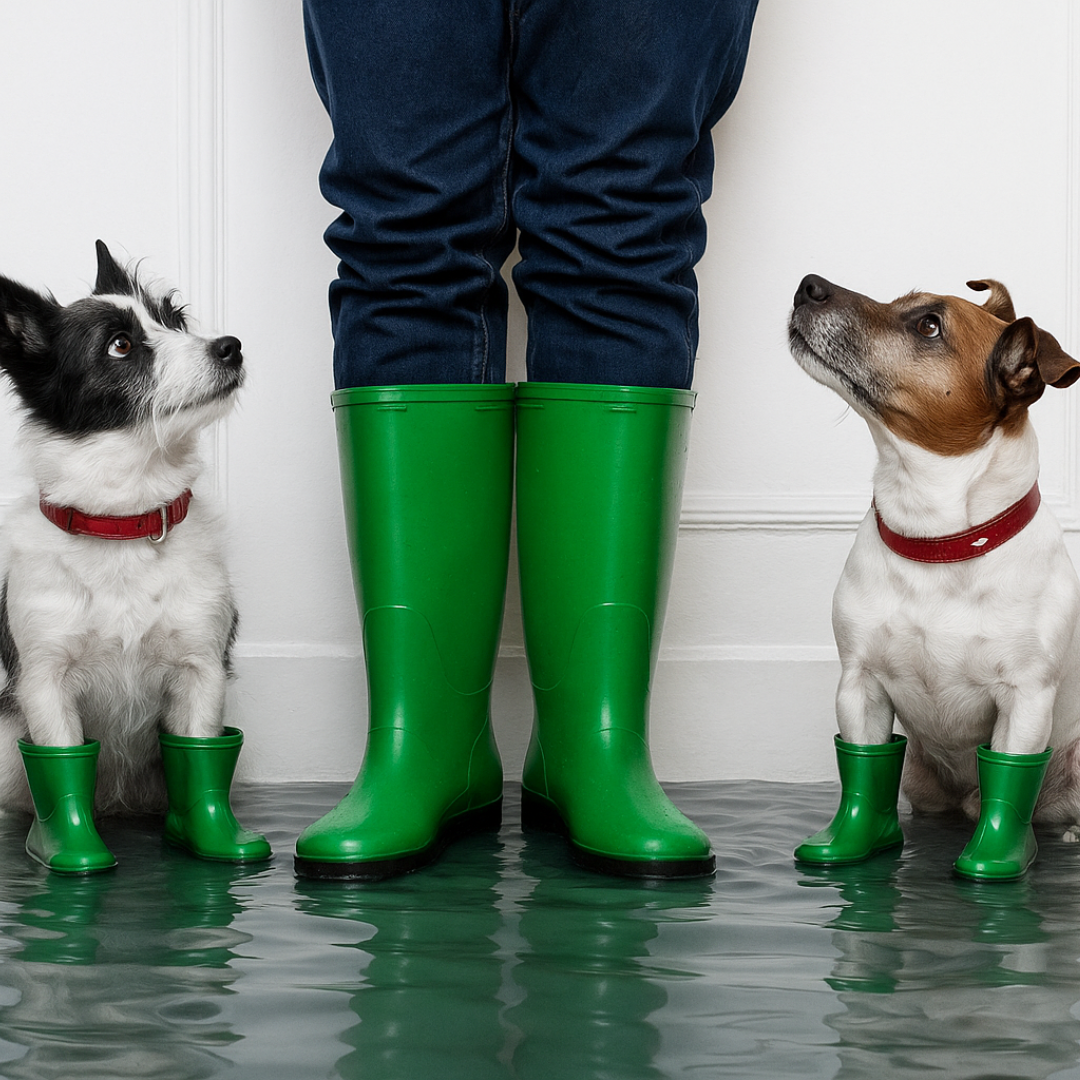Rainy days ahead? Keep your basement safe

Basement flooding can be a real nightmare, whether you own or rent it. The stress, the mess, and the cost of repairs can quickly add up. The good news? Most floods are preventable! By understanding what causes them and taking a few simple steps, you can save yourself a lot of trouble and expense.
Flooding can happen at any time — even if your basement has never flooded before. After a dry summer, it’s especially important to get ready for the wet season and take a few precautions to protect your home.
Now’s the perfect time to check two key things: your sump pump and your backwater valve.
Sump Pump
A sump pump is a mechanical device installed at the lowest point of a basement or crawl space to help pump out excess water and prevent flooding. It collects water in a small pit (called a sump pit) and discharges it through a pipe that leads water safely away from your home’s foundation.
This system is especially useful during heavy rain or melting snow, when groundwater levels rise. Before storm season hits, test your sump pump to make sure it’s working properly. If you’re not sure how to do that, a plumber or contractor can help inspect or upgrade it. It’s also a good idea to have a backup power source in case of a power outage.
Backwater Valve
A backwater valve is a safety device that allows wastewater to flow in only one direction—out of your home and into the public sewer system. Think of it as a one-way gate that prevents sewage and stormwater from backing up into your basement if the municipal system becomes overloaded.
When the flow reverses due to heavy rainfall or a blockage in the city system, the valve automatically closes to stop the wastewater from coming back into your home. Once the pressure eases, it reopens on its own to allow normal flow again.
It’s important to have your backwater valve inspected and cleaned at least twice a year to make sure it’s working properly.
Not sure how to check yours? You can find simple instructions in this guide.
There are even more ways to prevent basement flooding. Check out additional tips and resources.